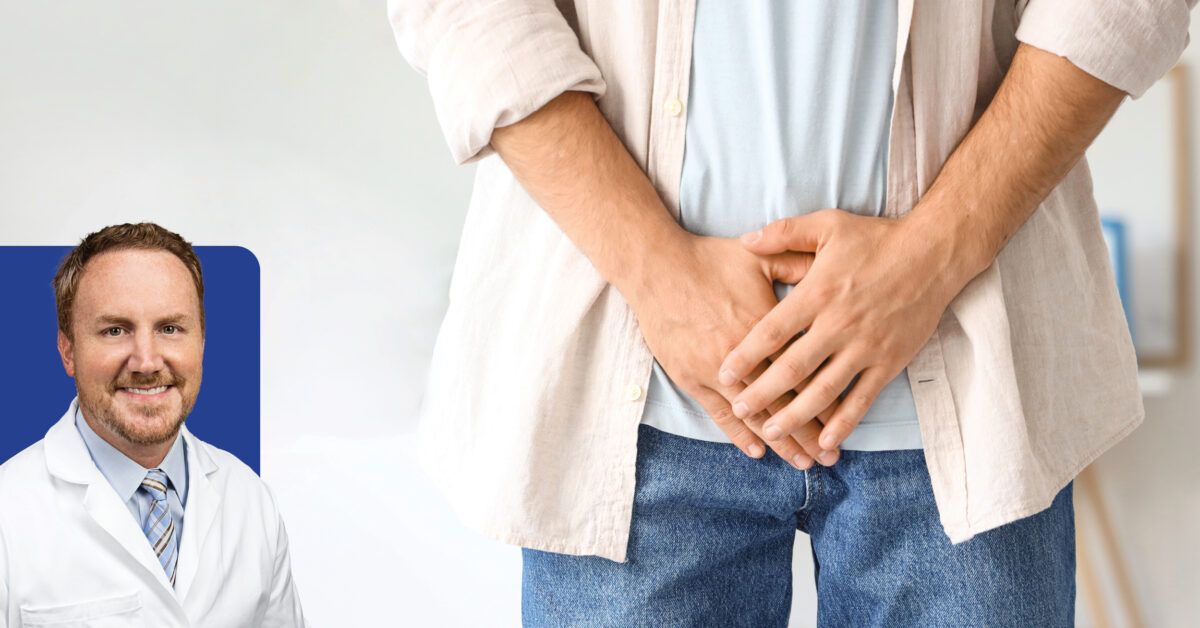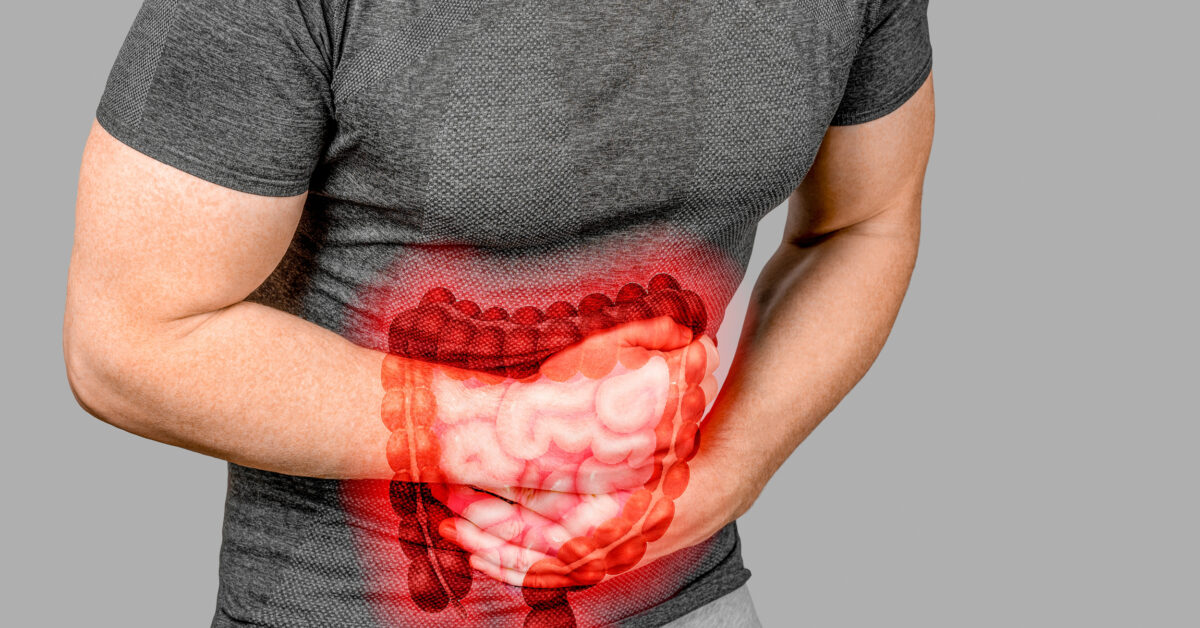
Understanding of Breast Cancer
October 2024
Leading Ladies in Business
October 2024Taking control of your breast health starts with understanding your options. From personalized prevention to early detection, knowing what’s available can empower you to make informed decisions for your well-being. With tools like genetic testing and personalized care, you can take steps to protect your health right here in Lake Charles.
“Our goal is to give patients control over their health.” say Leah Marcantel, NP, an oncology nurse navigator at CHRISTUS Ochsner Health.
A Personalized Approach to Prevention
At CHRISTUS Ochsner Health, comprehensive breast care is a priority, ensuring patients receive seamless, personalized attention from prevention to diagnosis and treatment. Leah Marcantel has dedicated more than 23 years to oncology care, and since 2015, she has been leading patients at CHRISTUS Ochsner Health in Lake Charles through cancer prevention. Her role focuses on genetic testing that helps patients assess their risk for breast cancer. “Genetic testing empowers men and women to understand their risks and take action,” she said.
Every patient who enters the oncology program at CHRISTUS Ochsner Health is offered a full panel genetic test, which screens for hereditary cancer markers. For individuals with a strong family history of breast cancer, this test can provide life-saving information. Even men are encouraged to undergo testing, as they can carry mutations that increase the risk of breast cancer for themselves or their families. Marcantel’s team walks patients through every step of the genetic testing process, from simply collecting a blood or saliva sample to discussing the results. “We make sure patients have all the information they need to make informed decisions about their next steps,” she said. Should a genetic mutation be detected, Marcantel connects patients to the appropriate specialists for further screenings or preventive measures.
Early Detection Saves Lives
Dr. Misty Norman, a radiologist with more than 15 years of experience in breast imaging, is a leading expert at CHRISTUS Ochsner Health. Dr. Norman plays a vital role in the early detection of breast cancer, interpreting mammograms that flag potential issues which underscores the importance of routine screening. “Annual mammograms for women aged 40 and older are crucial,” she said. “Early detection through mammography can reduce breast cancer-related deaths by up to 40%.”
Dr. Norman notes that today’s technology can detect cancer at a much earlier stage, often before it becomes palpable through a self-exam. The process is thorough. Patients undergo a detailed assessment that includes their medical history and breast density, both of which influence their overall risk for breast cancer. Once the mammogram is performed, Dr. Norman carefully reviews the images, considering the patient’s unique risk factors to ensure the most accurate reading. While mammograms can cause anxiety, Dr. Norman stresses that most additional screenings turn out to be precautionary. “Only around 10% of patients need further evaluation after an abnormal mammogram, and of that group, very few require a biopsy,” she said.
The Power of Team-Based Care
Both Marcantel and Dr. Norman emphasize that breast cancer care at CHRISTUS Ochsner Health is a team effort. “Our nurse navigators are an essential part of the care continuum,” Dr. Norman said. These navigators not only educate patients but also ensure that all physicians involved are informed and coordinated, which is key to providing seamless care.
For patients facing a breast cancer diagnosis, knowing they have a dedicated team supporting them at every step can make a world of difference. It’s about more than just technology and tests; it’s about making sure patients feel supported and informed from start to finish.
In Southwestern Louisiana, CHRISTUS Ochsner Health proudly offers a comprehensive breast care program that blends cutting-edge technology with compassionate, personalized care. From genetic testing to early detection through mammograms, the team works together to ensure that patients receive the best possible outcomes, close to home.






